History of administrative office and its evolution
The work space or office that we know today was not designed in this way from the beginning in order to do office work; Even determining the beginning when the first building was designed exclusively for an office is somewhat uncertain and difficult due to the variety of activities that were undertaken to solve the work problems.
- Definition of office
- How was the accountant born?
- Secretaries' offices
- The first office work rooms
- Office in the Renaissance period
- Office work between the 16th and 17th centuries
- Offices of bankers and big entrepreneurs
- How management influenced the concept of the office
- Office as a factory
- Why the office is important
Reflecting on the history of the office is a way to understand how the way employees work has changed over time. The history of the office is related to our culture, technological evolution, and social relationships.
Definition of office or :office
Office literally means a room or a part of a building where people work and operate; Especially activities such as sitting at desks with computers, talking on the phone, etc., which are usually done for business purposes.
How was the accountant born?
There is evidence that the first offices were created in ancient Rome as spaces where "official" work was done. In fact, to understand how the office was born, we must consider large-scale phenomena such as the evolution of governments, the birth of commercial companies, and the evolution of religions.
Secretaries' offices
We begin the study of the history of the office from the Middle Ages: in this historical period, which is from 300 AD to 1400 AD, monasticism was born and there were medieval monks who were first born as hermit sects and then gathered in monasteries. And they created rooms and spaces that were specifically designed for sedentary activities: in fact, we can say that in terms of function, these offices were not much different from today's offices.
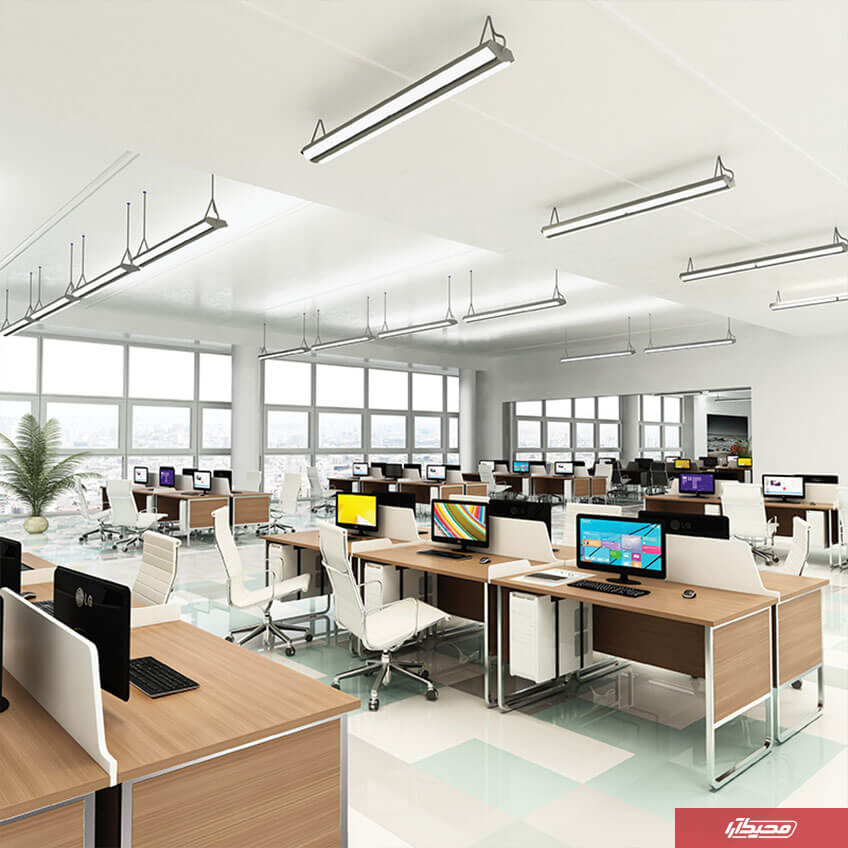
The first office work rooms:
Monks actually dedicated their time with great rigor and dedication to the activity of copying and studying manuscripts, and the so-called scribes were born. Before the publication of the press, books were published thanks to those who, as a profession, wrote texts and copies. A line was copied for private or public use.
Typically, the office of the scribal monks was a very large room, and the copyist monks shared this space with their colleagues. Each monk had a tilt table, very similar to the drafting tables used by architects and engineers today. These early workstations included desks, chairs, lecterns, and shelves.
Office in the Renaissance period:
The need for a private study, where people could meditate and work in peace without distractions, was felt more and more during the humanist-renaissance era. The Renaissance saw the emergence of a new ideal of life that helped revive the humanities and fine arts. In other words, writers, poets, scientists worked hard between the 14th and 16th centuries.
During the Renaissance, private studios, furnished with great care, were largely proliferated. Literary men had complete libraries and reading rooms. Some scholars were from noble families and could build a personal library, which was a real luxury at the time. Those who could not afford these luxuries hoped for the patronage of a noble family member who would guarantee them food, housing, and everything needed for work.
Office between the 16th and 17th centuries:
Between the Middle Ages and the Renaissance, most people worked from home. But the 17th century was a turning point in the way people worked: as the position of lawyers, civil servants and other types of offices expanded, new professionals began to work in offices in Amsterdam, London and Paris. This inevitably led to a cultural distinction between the office (associated with work) and the private home (associated with comfort, privacy and intimacy).
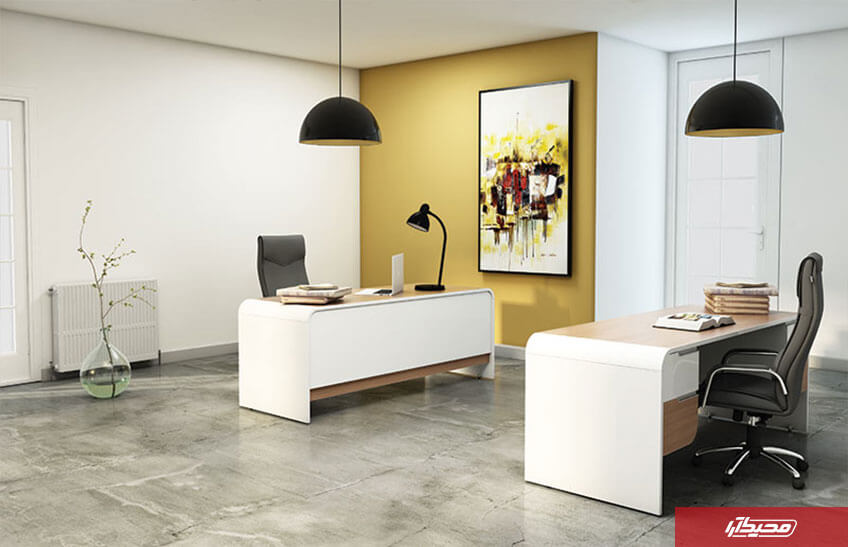
Offices of bankers and big entrepreneurs:
In the 19th century, banking dynasties such as the Rothschilds and the Barings received clients in their luxurious mansions. The villas had private rooms designed to make customers feel comfortable. Even after establishing the office in the 1960s, Hugh Hefner ran his Playboy empire from a giant circular bed in the bedroom of his Chicago apartment.
Throughout the 19th and 20th centuries, increasingly specialized office designs, from the office towers of Chicago and New York to the corporate campuses of postwar suburbs, reinforced the distinction between work and home.
How management influenced the concept of the office:
In the 20th century, many management theories had a profound impact on the concept of the office. On the other hand, even before the birth of the modern office, work was shaped by social and cultural expectations. For example, monasteries introduced chronology, which imposed strict discipline on the monks' daily routine.
Office as a factory:
Later modern theorists understood the office as a factory-like environment. Inspired by Frank Gilbert's studies of bricklayers' movements and Frederick Taylor's principles of scientific management, William Henry Leffingall's 1917 book, Scientific Office Management, described work as a set of tasks that could be organized into an efficient, logical, Standard and scientific calculation.
Why the office is important:
Anthropological research on how we interact with each other and how physical proximity enhances interactions highlights the importance of being together in a physical space. The office is an important factor in terms of collaboration and planning.
In modern times, the boundaries of the office are constantly changing. The office of the future may be as familiar as our home or even our neighbor's kitchen table, but only time can tell and like the office, office furniture is constantly changing.
Articles that may be of interest to you:
FAQ
Office literally means a room or a part of a building where people work.
office It is an important factor in terms of cooperation and planning, and it causes interaction and closeness of colleagues and increases work efficiency.
The first offices were created in ancient Rome as spaces where "official" work was done.
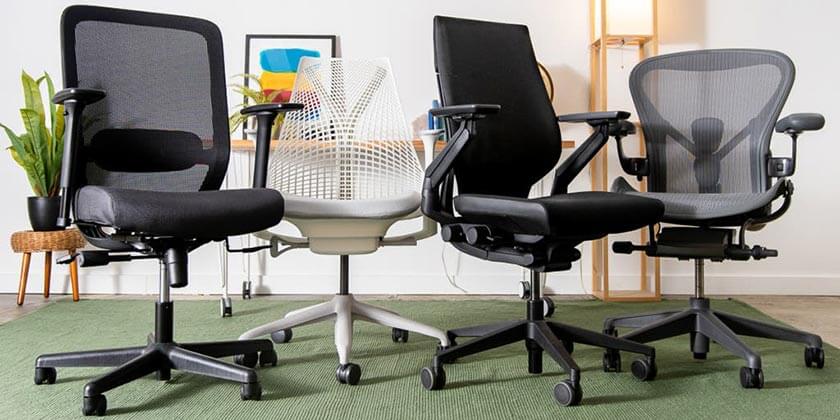
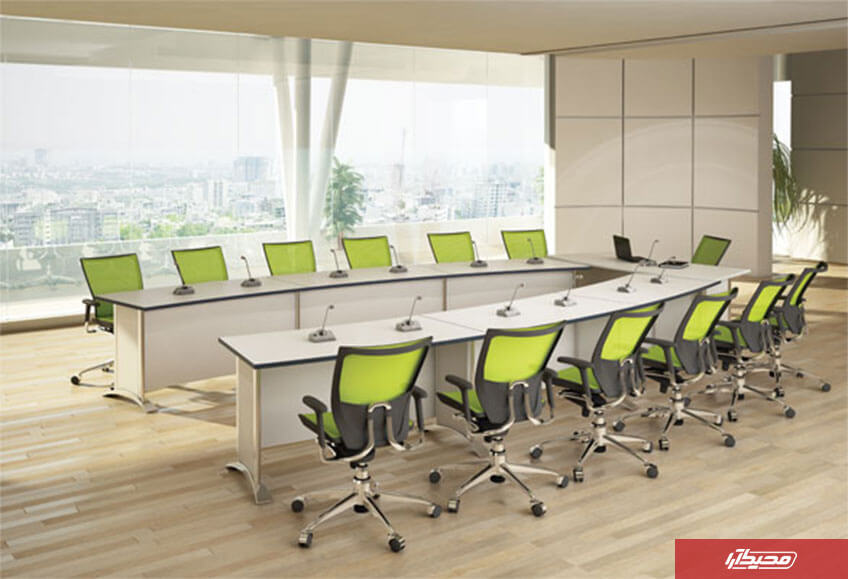
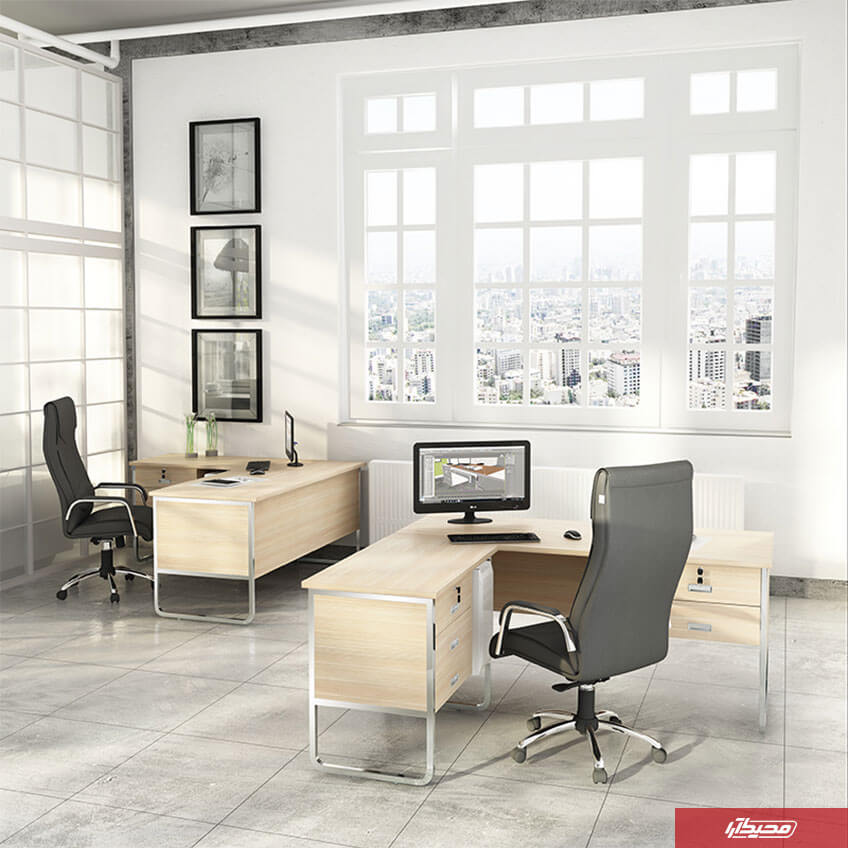
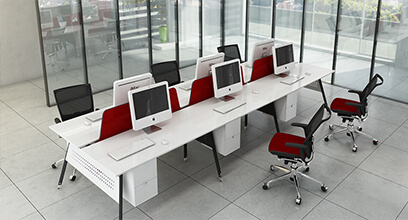
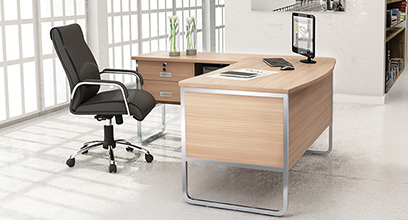

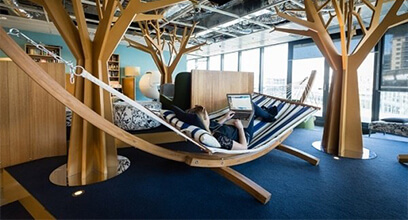

Share